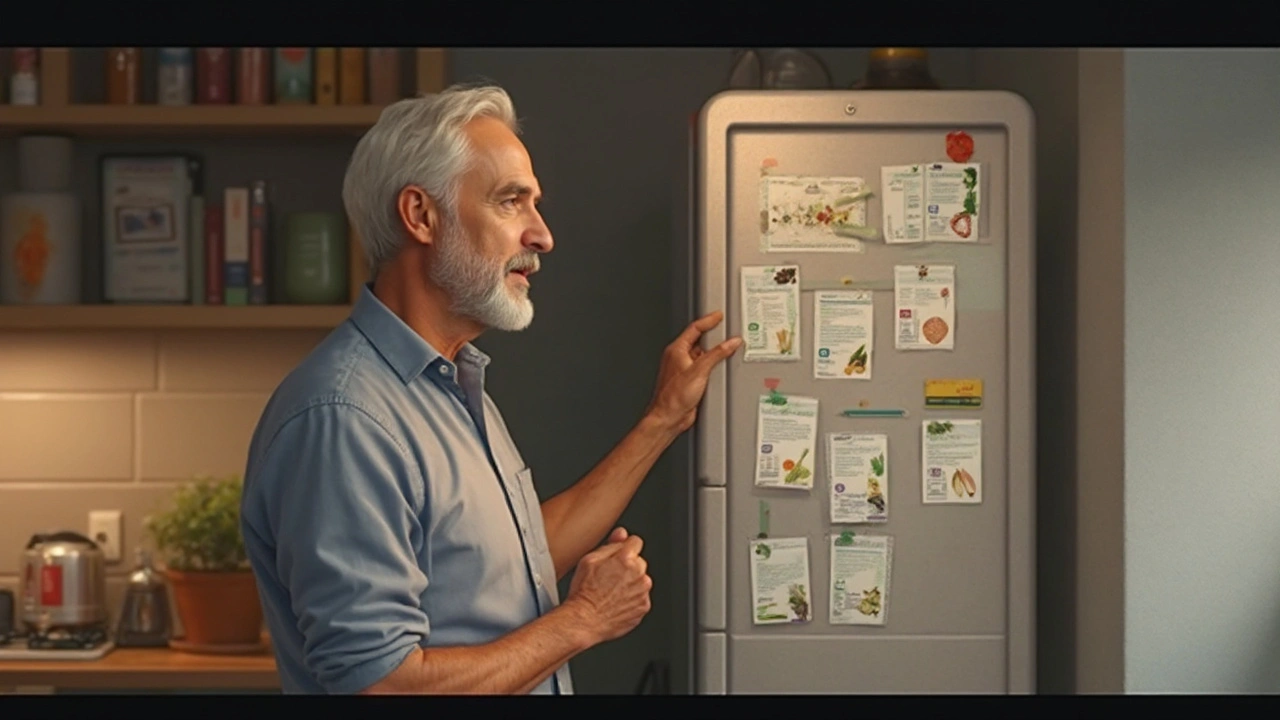Bladder Health: Simple, Useful Ways to Feel Better Fast
Waking up at night to pee, rushing to the bathroom, or feeling like you never fully empty your bladder—sound familiar? Bladder problems mess with sleep, work, and confidence. The good news: small changes often help a lot, and there are clear signs when you should get medical help.
Everyday habits that make a real difference
Start with easy fixes you can try today. Cut back on caffeine and alcohol—they increase bladder activity and urgency. Time your fluids: drink most of your fluids before late afternoon and reduce evening intake so you sleep through the night more often. Avoid bladder irritants like citrus, spicy foods, and artificial sweeteners if you notice they trigger symptoms.
Empty fully and sit calmly—rushing can leave urine behind. Fix constipation if you have it; a full bowel presses on the bladder and worsens symptoms. Try regular bathroom breaks instead of waiting until you’re desperate; this reduces accidents and teaches your bladder steadier control.
Pelvic floor exercises (Kegels) help both men and women. Find the right muscle by stopping urine midstream once (don’t do this regularly). Tighten that muscle for 3–5 seconds, relax 10 seconds, and repeat 10 times. Aim for three short sessions a day. If unsure, a pelvic floor physiotherapist can show exact technique and progressions.
When to see a doctor — and how medications fit in
See a doctor if you have fever, bloody urine, sudden severe pain, or if symptoms start quickly and get worse. Persistent daytime urgency, a weak stream, or waking several times at night also deserve a check. These can be signs of urinary tract infection (UTI), benign prostatic hyperplasia (BPH), or other treatable conditions.
For BPH (enlarged prostate), common symptoms include weak stream, hesitancy, and frequent nighttime urination. Doctors may offer lifestyle steps, meds like tamsulosin to relax the bladder outlet, or referral for further treatment. Don’t start or stop prescription drugs on your own. If you’re taking diuretics (like Lasix), expect more trips to the bathroom—talk with your prescriber about timing doses to reduce nighttime urination.
UTIs usually need testing and antibiotics. Self-care—extra fluids, heat packs for pain, and over-the-counter pain relief—helps, but lab confirmation guides proper treatment. If you have recurrent UTIs, your clinician can discuss prevention strategies.
Want more detail? Read practical guides on related topics like dealing with BPH symptoms, safe options for tamsulosin, and how diuretics affect bathroom habits. Check these posts on our site for step-by-step advice and what to ask your doctor:
If you’re unsure where to start, try the basic habit changes for two weeks and track improvements. If symptoms persist or worsen, get tested and get professional advice. Small, focused steps often bring big relief.

